Stage 1 Grade 3 Breast Cancer Treatment
Most women with breast cancer in stages I II or III are treated with surgery often followed by radiation therapy. A doctor will grade breast cancer 13 based on how much the cancer cells look like normal breast cells.
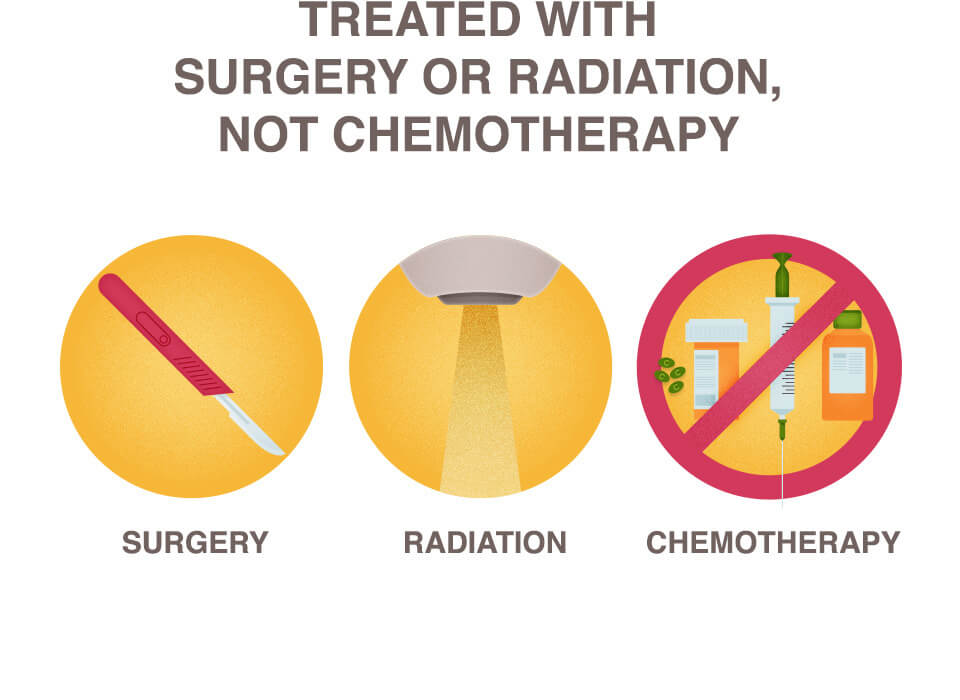
Stages 0 1 National Breast Cancer Foundation
Standard chemotherapy has historically been the mainstay of treatment for patients with diagnoses of early-stage TNBC but there remains an unmet need to identify novel therapies that improve outcomes and equally important to discern which patients may benefit.

Stage 1 grade 3 breast cancer treatment. The chance of getting cancer increases as you get older. Following this the cancer cells then invade local lymph nodes or blood vessels. Breast cancer cells travel through the body like any other cancer cells.
The breast cancer has been detected in the early stages and can be very effectively treated. After surgery chemo is recommended usually with 3 to 6 cycles of treatment with carboplatin and paclitaxel. The prognosis for stage 3 cancer depends on many other factors including its location how it reacts to treatment and the patients health and age.
In stage 0 there is no evidence of cancer cells or non-cancerous abnormal cells breaking out of the part of the breast in which they started. Trials consistently show that aromatase inhibitors reduce the risk of relapse of early-stage breast cancer both in direct comparison with and after completion of tamoxifen36 38 51 52 A large. In Stage 1 breast cancer cancer is evident but it is contained to only the area where the first abnormal cells began to develop.
Median overall survival was 105 months IQR 51212 for 628 patients allocated ramucirumab plus docetaxel and 91 months 42180 for 625 patients who received placebo plus docetaxel hazard ratio 086 95 CI 075098. Grade 1 or low grade sometimes also called well differentiated. Breast cancer stages range from Stage 0 the breast cancer cells are confined to the lining of the milk ducts or breast lobes to Stage 4 the breast cancer cells have entered the bloodstream or lymphatic system.
The stage extent of your breast cancer is an important factor in making decisions about your treatment. Tumors are graded on a scale of 1 to 3 based on how abnormal the cells appear compared to normal cells. For grade 3 high grade tumors the treatment usually includes the same chemotherapy that is given for grade 2 Stage IA and IB cancers.
Stage IC T1c N0 M0. NCIs Breast Cancer Risk Assessment Tool uses a womans risk factors to estimate her risk for breast cancer during the next five years and up to age 90. Treatment for stage 3 cancers varies by the affected organ but theyre generally larger and harder to treat than stage 1 or 2 cancers.
Grade is a score that tells you how different the cancer cells appearance and growth patterns are from those of normal healthy breast cells. Breast cancer staging is often used when describing a malignancy determining a patients prognosis and developing a treatment plan. In Grade 1 tumors the tumor cells and the organization of the tumor tissue appear close to normal.
Stage 0 is used to describe non-invasive breast cancers such as DCIS ductal carcinoma in situ. In general tumors are graded as 1 2 3 or 4 depending on the amount of abnormality. Firstly cancer cells can invade neighbouring healthy tissue.
Many women also get some kind of drug therapy. Stage 1 can be divided into Stage 1A and Stage 1B. The major categories are the histopathological type the grade of the tumor the stage of the tumor and the expression of proteins and genesAs knowledge of cancer cell biology develops these classifications are updated.
Your pathology report will rate the cancer on a scale from 1 to 3. Older age is the main risk factor for most cancers. Grade 1 cancer cells look a little bit different from normal cells and they grow in slow well-organized patterns.
These tumors tend to grow and spread slowly. In contrast the cells and tissue of Grade 3 and Grade 4 tumors do not look like normal cells and tissue. Grade 1 is a slower-growing cancer grade 3 is a faster-growing cancer.
When breast cancer spreads to the axillary lymph nodes under the arm this is still a relatively early stage of metastasis and potentially curable. Triple-negative breast cancer TNBC is a biologically complex subtype characterized by an aggressive nature and heterogeneity. Breast cancer classification divides breast cancer into categories according to different schemes criteria and serving a different purpose.
This online tool is meant to be used by a health care providerFor more information on breast cancer risk call 1-800-4-CANCER. Between Dec 3 2010 and Jan 24 2013 we screened 1825 patients of whom 1253 patients were randomly allocated to treatment. Standard surgery to remove the cancer is still the first treatment.
In addition to cancer stage doctors will determine the tumor grade and subtype.
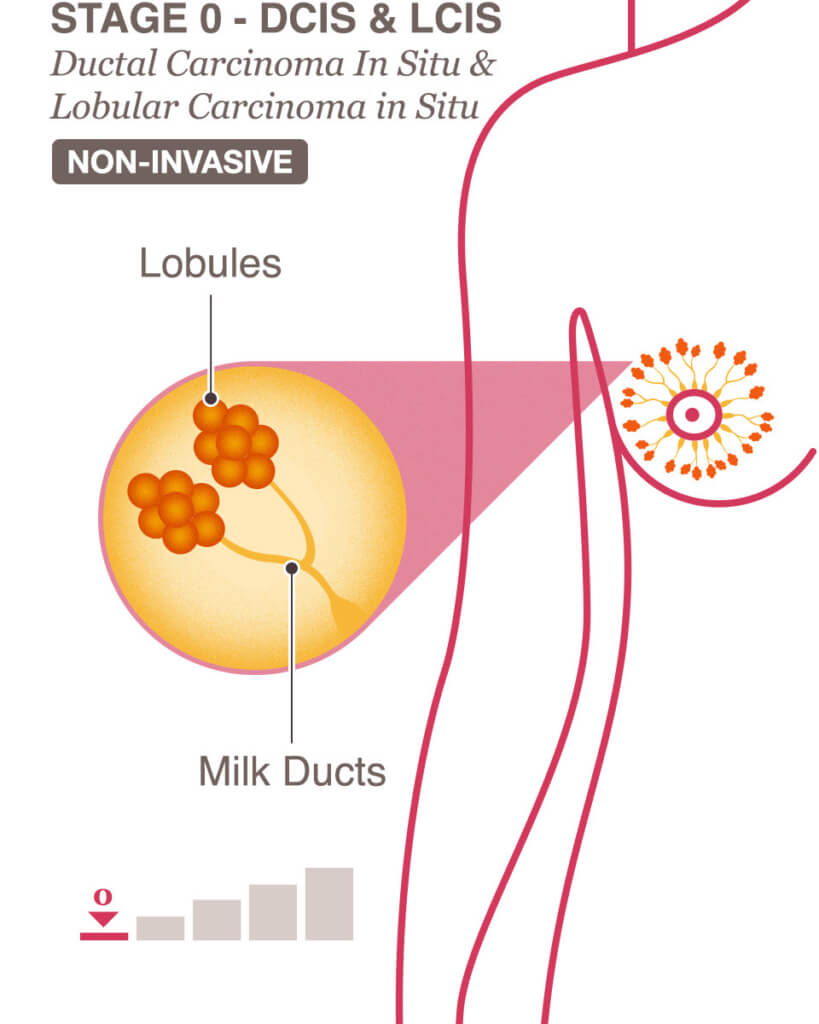
Stages 0 1 National Breast Cancer Foundation

Adjuvant S 1 Plus Endocrine Therapy For Oestrogen Receptor Positive Her2 Negative Primary Breast Cancer A Multicentre Open Label Randomised Controlled Phase 3 Trial The Lancet Oncology

Stage 1 Breast Cancer Cancer Research Uk
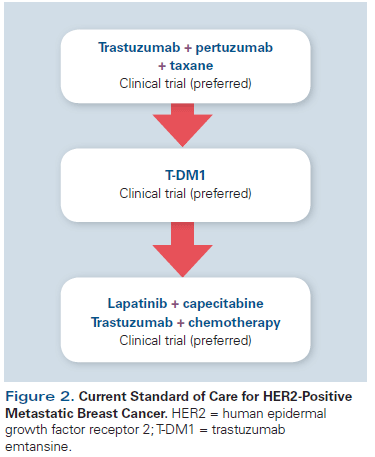
Management Of Metastatic Her2 Positive Breast Cancer Where Are We And Where Do We Go From Here
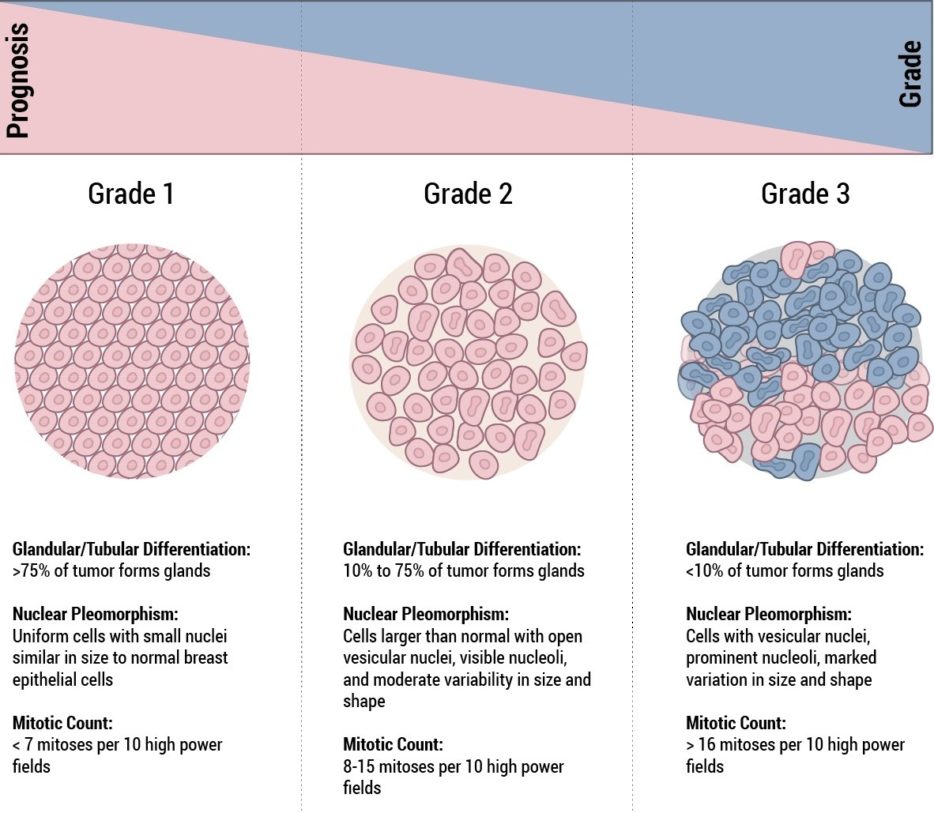
Staging Grade Breast Pathology Johns Hopkins Pathology

Primary Breast Cancer Esmo Clinical Practice Guidelines For Diagnosis Treatment And Follow Up Annals Of Oncology
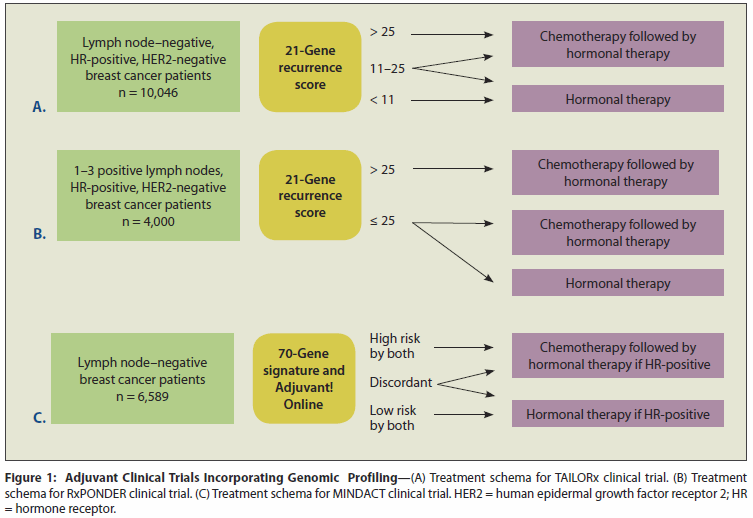
Genomic Subtypes In Choosing Adjuvant Therapy For Breast Cancer
Triple Negative Breast Cancer Symptoms Treatment Survival Rates And More Ctca
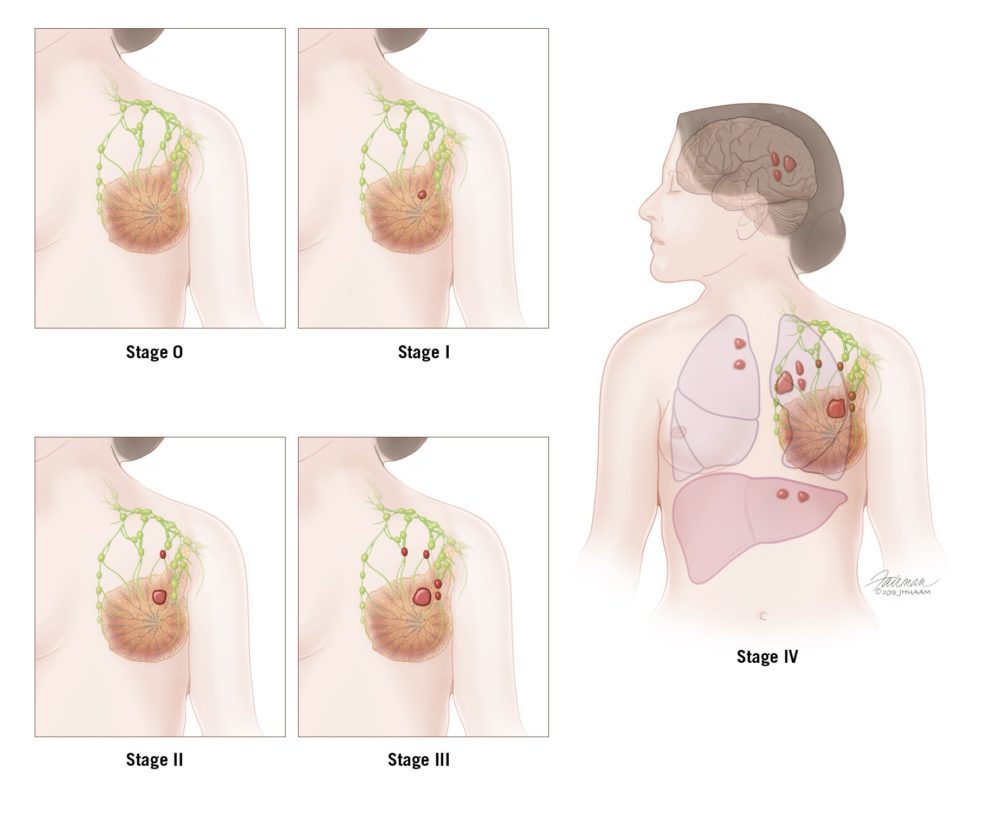
Staging Grade Breast Pathology Johns Hopkins Pathology
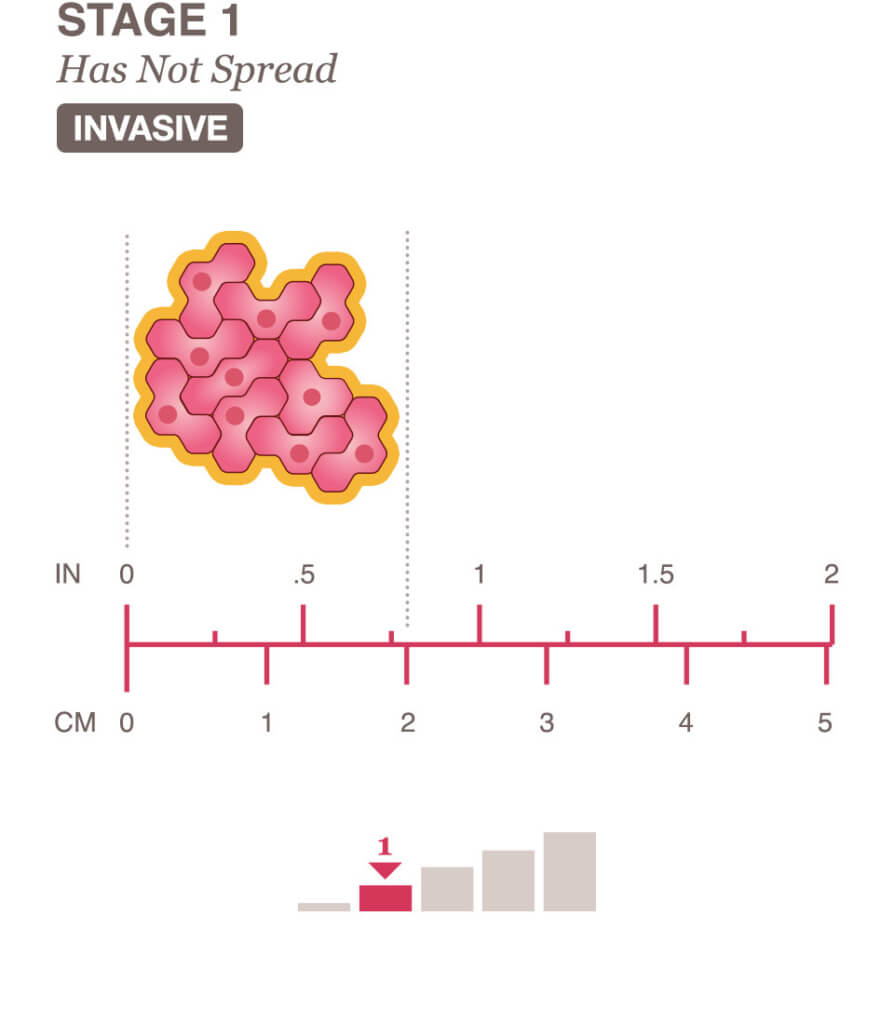
Stages 0 1 National Breast Cancer Foundation

Pin On Metastatic Breast Cancer Stage 4 People Their Stories

Early Breast Cancer Esmo Clinical Practice Guidelines For Diagnosis Treatment And Follow Up Annals Of Oncology

Breast Cancer Treatment Surgery Radiation And More
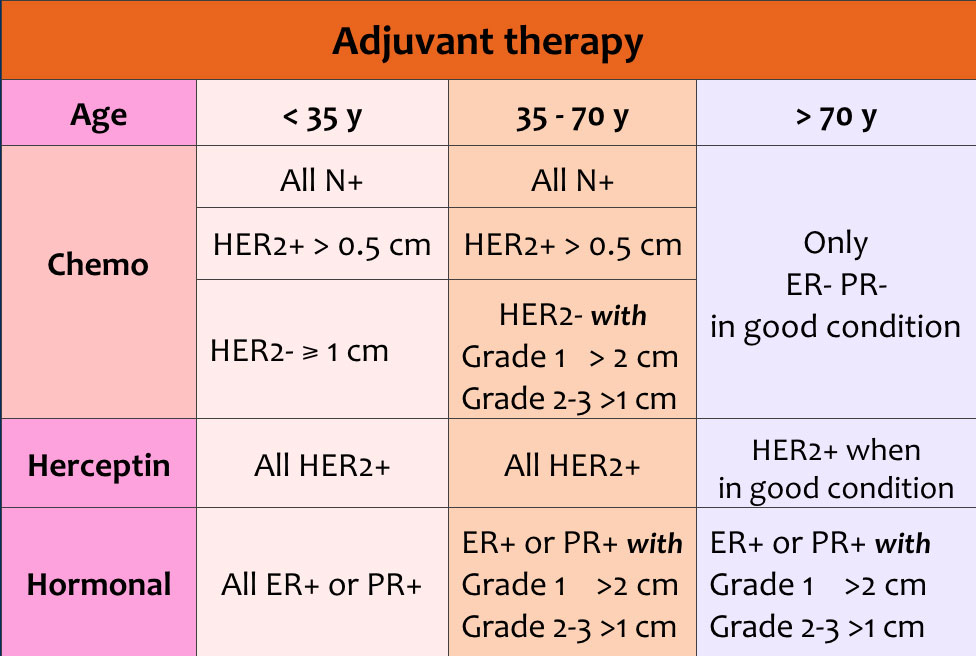
The Radiology Assistant Staging And Treatment Of Breast Cancer

Side Effects Of Radiation For Breast Cancer What To Know
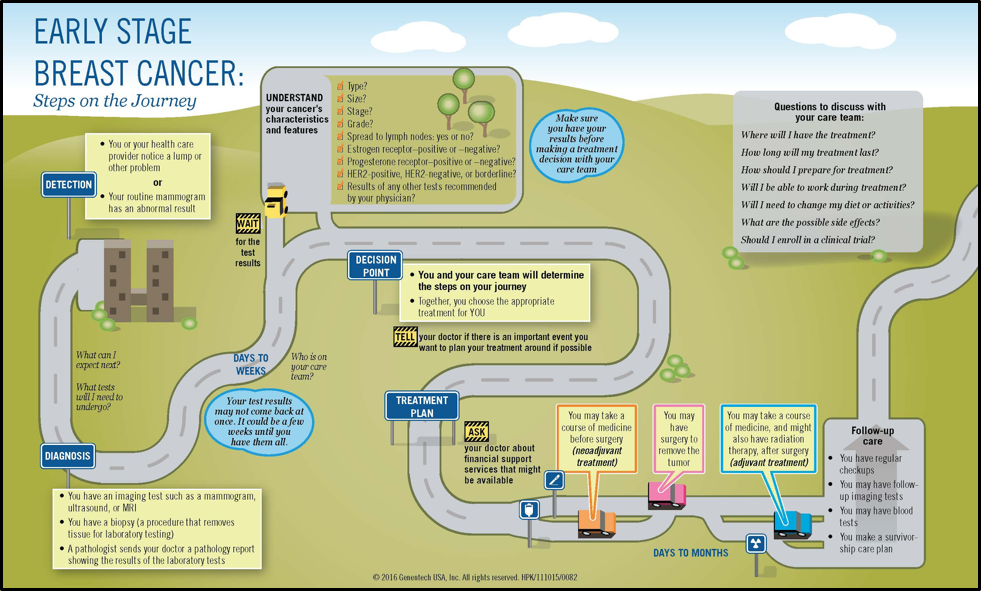
Breast Cancer Treatment Timeline The Breast Cancer School For Patients



